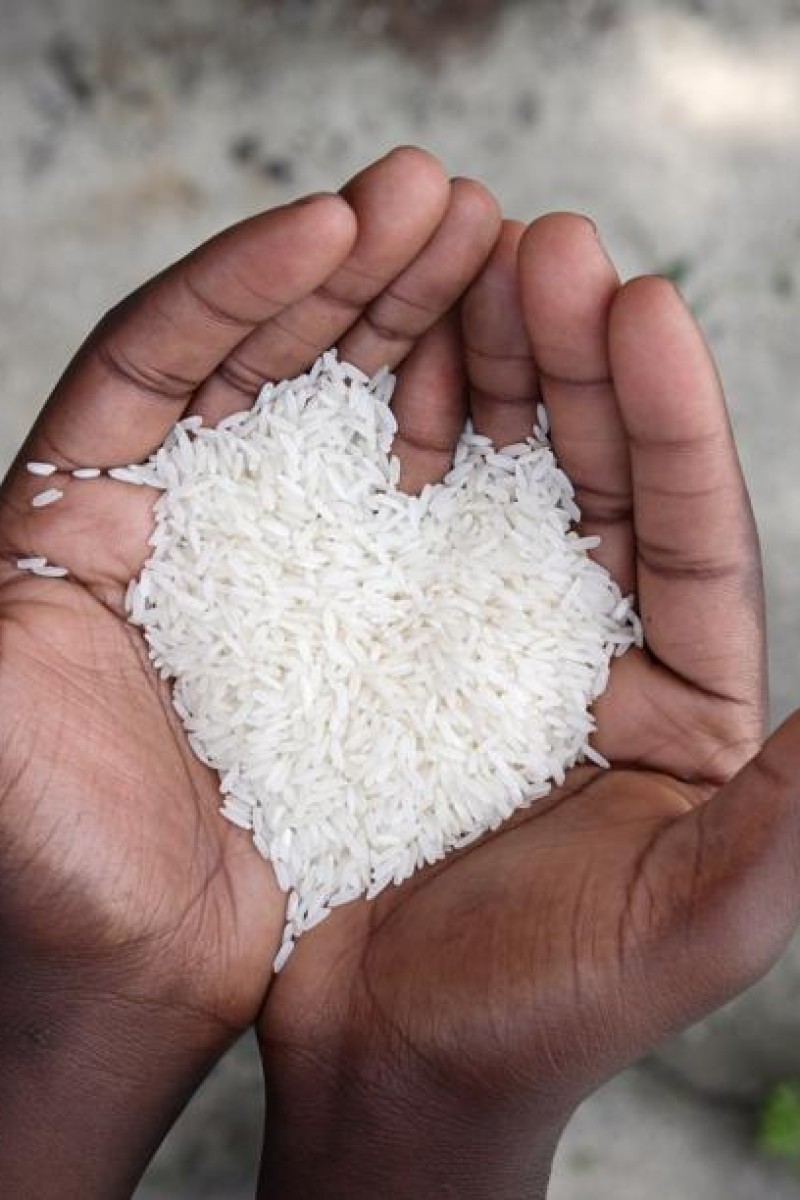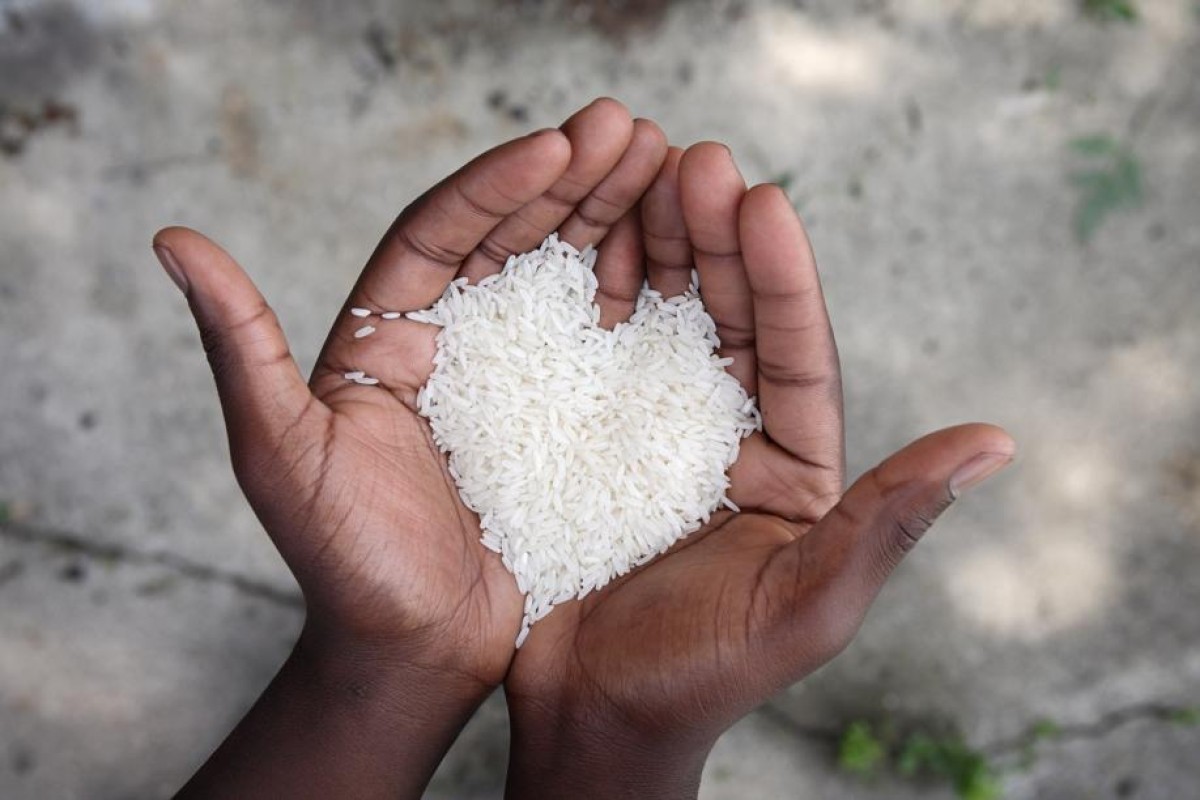
One in four Hongkongers deprived of basic necessities, CUHK study finds
Some locals cannot pay for three meals a day or health care, as study goes beyond using just income as a measure of poverty
 The study suggests a drop in poverty compared to earlier studies, but deprivation still exists.
The study suggests a drop in poverty compared to earlier studies, but deprivation still exists. Almost one-fifth of Hongkongers aged 10-17 can’t afford to have days out with their families or do leisure activities, according to a local study conducted last year.
The results showed that 39.1 per cent of teens could not take “local tours with family members at least four times in a year”; 25.3 per cent did not receive a “present for special occasions”; and 17.3 per cent were unable to “participate in leisure activities with family member or friends at least once a month”.
Chinese University (CUHK) assistant professor Wong Hung called for more school- and community-based programmes to “provide low-cost leisure activities and local tours for teenagers and their family members”.
The study, which was carried out by CUHK with 574 people taking part, did however suggest a drop in the teenage deprivation rate of 6.4 per cent, compared to a similar survey done in 2014.
The same study showed that a quarter of Hong Kong residents aged 18 or above go without basic necessities, such as three meals a day, a dental check-up every year, a mobile phone, new clothes once a year, and going out with family or friends once a month.
What’s more, some say the government’s definition of poverty, based solely on income, does not reflect the hardships people face.
“In the United Kingdom, the definition of poverty includes income and deprivation poverty, but in Hong Kong, poverty is such a one-dimensional concept,” said CUHK assistant professor Roger Chung Yat-nork.
Wong agreed, saying that more needs to be done.
“Although the study shows there were fewer deprived people, almost a quarter of Hongkongers still struggled to afford these very basic necessities in life, and we should be concerned about that,” he remarked.
